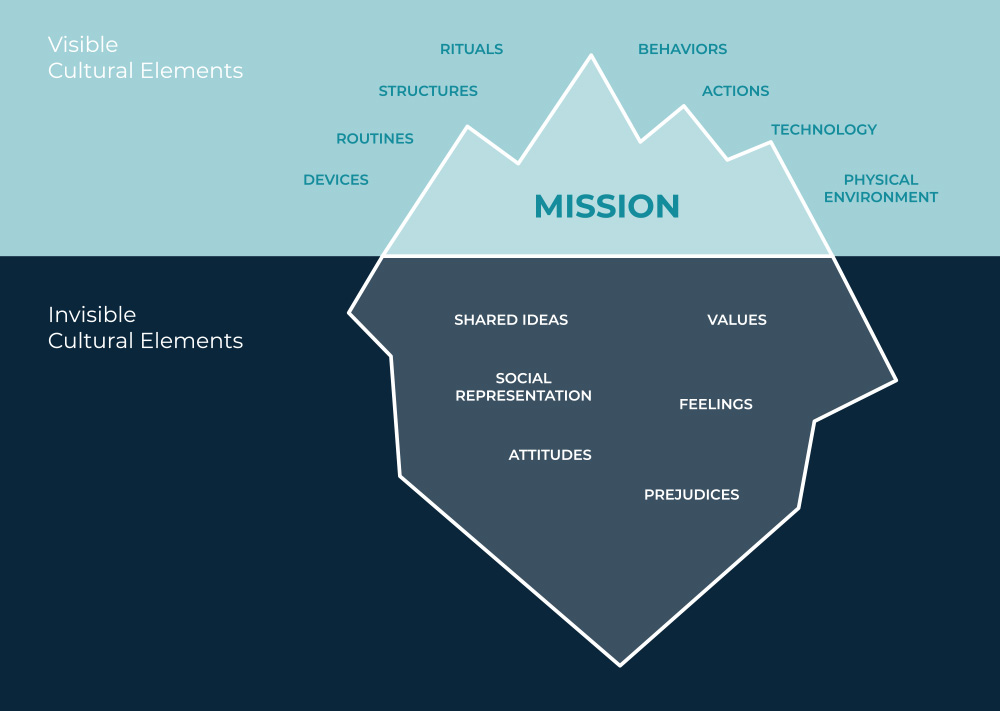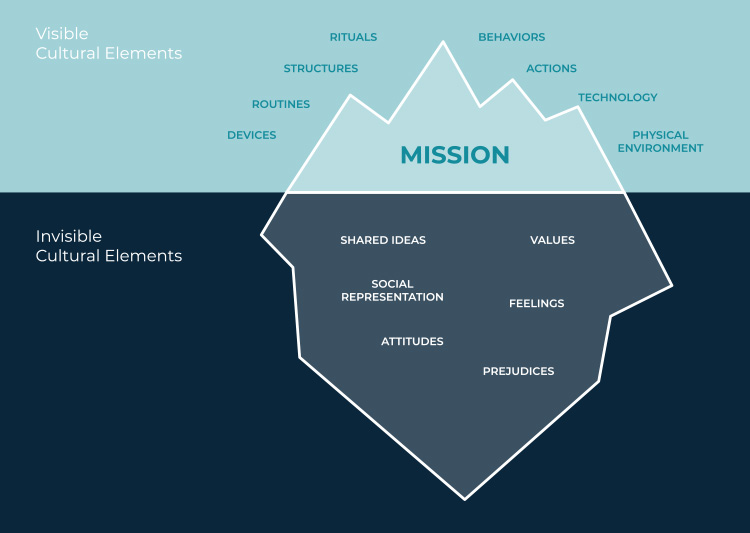Many companies tend to focus on tried-and-true business strategies that have worked for them in the past. However, success is situational, and the parameters that led to the success of any given strategy may have changed. Corporate cultures that cling to old methods will struggle to survive.
Detecting new trends and predicting changes brought about by them are two indispensable skills for a business’ longevity. Kodak kept an iron grip on the photography market for over a century, but fell during the shift to digital. But despite this, Fujifilm was able to see this change as a chance to reinvent itself and maintain its prosperity; the Japanese multinational corporation, which was founded in 1934, still stands today.
The end goal of cultural transformations is optimization. To successfully transform the workforce, implementation goals must be SMART—meaning specific, measurable, achievable, relevant and timely. Employees are a key factor in this process. If they feel a sense of ownership over this change, they will readily adopt it and make it their own.
People addressing change
Innovation diffusion theory can help for gauge responses and willingness to participate in change. With this Gaussian curve, we can analyze different profiles in terms of their willingness to embrace change. This theory puts forth five categories:
- Innovators (2.5%): Those who volunteer to try new things and are ready to take risks.
- Early adopters (13.5%): Those who are potential leaders and instigators of change in their They feel comfortable with change even if they are as proactive as the Innovators.
- Early majority (34%): Those who are not leaders but likewise are not averse to common changes, such as updating to state-of-the-art technology.
- Late majority (34%): Those who are skeptical and will wait for the majority to have implemented a change before putting in the time or effort themselves.
- Laggards (16%): Those who are a challenge involve in the change process.
Communication’s Role in Change Management
A cultural change may fail for any number of reasons. Below are some obstacles that usually lead to failure:
- Lack of commitment from company leadership.
- Resistance among employees, which is a very common issue. This risk cannot be ignored during the planning process.
- Poor or infrequent internal communications. Insufficient communication is the most common cause of implementation failure.
- Lack of strong employee commitment. Without employee involvement, creating a new culture is impossible.
- Unclear culture definition.
- Lack of planning.
- Improper leader.
- Prioritization of the system above the people.
- Lack of vision.
- Overlooking short-term goals and small victories.
- Failure to anchor change to corporate culture.
- Premature declaration of victory.
Phases of change
Culture must change and adapt to current demands for a company to survive. Specific tools exist for this purpose, such as specialized work spaces, information and communication systems, incentive systems, etc.
1: Analyze, Diagnose and Understand: There are many tools that can be used in this diagnosis, from surveys to focus groups and even largely unexplored methods, such as agile methodologies.
2: Design and Align: Change must be integrated into all of a company’s operating processes to guarantee success. This can be achieved through an inspirational and exciting speech to all members of the organization. Communication and thoughtful execution are paramount, and again, the involvement of all departments will aid in this.
3: Implement, Measure and Review: In this phase, it is important to inspire and involve as many collaborators as possible to cultivate positive attitudes throughout the organization. If possible, create this positive environment using tools such as gamification, among others.
Key Success Factors
Studies have shown that one in three companies fail in their attempt to implement a new cultural model. The need for a roadmap with clear, efficient goals that involve all employees is clear. There are many factors that can have a positive effect on cultural change. In our experience, some of them include:
1. Long-term vision and planning
Any organization’s culture is made up of both visible and invisible elements, such as:



2. Holistic and Consistent Vision
Coherence provides security during the cultural change process. If visible elements are not cohesive with the intended change, you will lose credibility and failure is guaranteed.
3. Leadership and participation
Leading means facilitating action and inspiring others. Leaders who use their positions well are capable of influencing behaviors and molding attitudes.
4. Accountability and Continuous Information
Through accountability, you can concretely give good news about company development to organization members, and with this, you generate commitment to change.
There is nothing more gratifying than seeing a transformation come together. Conveying that success through data generates a feeling of pride and sense of belonging, both of which are key to the success of your cultural transformation.
Authors
Jon Pérez Urbelz
Ramón Prat
Rocio Cervantes



